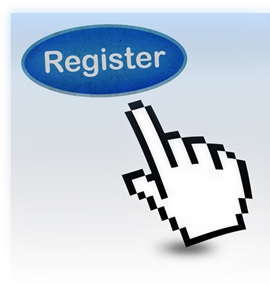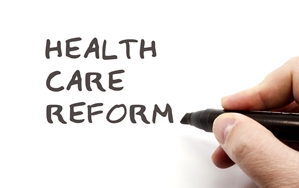
Despite the Oct. 1 insurance exchange launch date rapidly approaching, a considerable number of states aren't sufficiently ready for the open enrollment period to begin, according to the results of a recent analysis.
William Melville, market analyst at managed care data and analysis firm HealthLeader-Interstudy, noted that among the states, there are varying degrees of readiness. For example, in Pennsylvania and Wisconsin, there has been "robust insurer participation," enabling exchange organizers to better establish terms and conditions of the marketplaces. However, in places like New Hampshire, only one carrier has agreed to operate within the exchange.
Melville indicated that the inconsistency in preparedness levels needs to be taken in the proper context.
"The important thing to remember at this stage is that exchanges are very volatile and subject to changes good and bad," said Melville. "Each of these changes will have a corresponding impact on companies doing business in the healthcare space."
The organization recently produced a "State Exchange Report Card" which reveals how the insurance marketplaces compare and contrast, how the uninsured can obtain coverage and how Medicaid factors into the exchanges, specifically whether states opt to expand the program.
Starting on Oct. 1, all 50 states will open exchanges for enrollment. However, some legislatures have given indications that they refuse to set them up. This leaves it up to the federal government to maintain and operate them. Some states are opting to run the exchanges without the assistance of the federal government, while others are sharing the responsibility.
Even though business owners may make employee benefits available to their workers, they are still required to inform their employees about the exchanges' existence.





